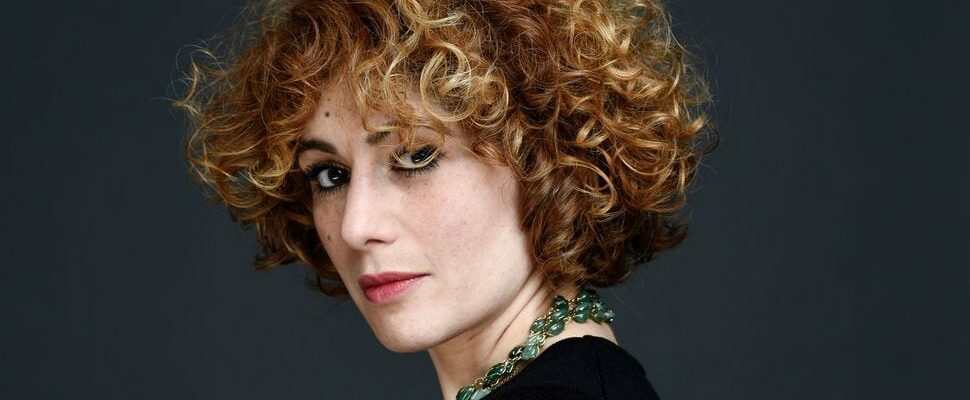“Books that we haven’t written, they don’t forgive,” Aïssa tells Aube. He drives his van while telling the story, Aube listens to him, continuing her inner dialogue with the girl in her belly. She wants to have an abortion – or not? – so as not to make him live an impossible life, a life as a woman in a country that doesn’t love them, that humiliates them and slits their throats. They walk towards yesterday, they accompany each other with words on a journey that is a tear in the veil that covers the past, that offers a burial place to the dead, that dances and cries, but without ever falling back into victimhood. Houris is a novel that strikes precisely there, between the heart and the stomach. Houris is a monumental book. Monumental in its writing: monologues that intertwine to try to circumscribe a forgotten and forgiven civil war, but which remains an eternal smile on the throat of Aube, who does not have the right to speak. She lost it with her vocal cords, so this novel must be written to offer a voice. Houris is the only monument to the dead of the Algerian civil war.
Kamel Daoud is not pain, nostalgia, resentment. He loves life too much, as a man and as a writer. He loves literature too much to let it sob in a corner. Humor shines through in spite of everything, like the dignity of those who have been forgotten, like the oxygen that allows Aïssa and Aube to tell their stories, they who come from a culture where we don’t say anything, where we say nothing, keeping emotions prisoner within ourselves – laughter being the most radical in a world sealed off by inquisitorial glances that scrutinize what will condemn you: “Everyone spoke of halal and haram, of what God allowed and what the Koran forbade: cigarettes, alcohol, makeup, music, songs, laughter, tight pants, perfumes…”
Thus, in the name of the non-permitted permit, a gynecologist who was first a communist, a joyful musician and a wine drinker, became religious and installed in his office a curtain as black as death behind which his wife searched the intimacy of women, describing to her doctor husband what she saw, what she felt under her fingers as profane as they were disgusted, the medical sentence falling from behind the black curtain, blind to the bodies of women. A scene of pure comedy that ends with a sob of rage in the face of so much contempt for women – not even pure enough to be examined by the science of men.
“You are a book”
Khadija, Aube’s mother, recounts it, between anger and sardonic laughter: “At the beginning of the 1990s, when the Islamists were demonstrating in the streets for the caliphate, they shouted ‘Women in the kitchens!’ before taking up arms, and then they all declared themselves cooks when they had to lay them down […]. The country was then populated with cooks, and this art of smiling to mock the truth spread like rain.” Cooking also became the only category of books that the Islamists allowed Aïssa’s father to publish: “We then did a big clean-up, for fear that my father would be killed. We burned the impious stocks of books condemned by the Islamists. We also printed cookbooks that were ostentatiously displayed in the window. And as if to accentuate the irony, my father found himself earning more money with this new business than with the Koran or the hadiths or the war of independence.”
The book hides, but the book fights and becomes flesh, “you are a book”, Khadija repeats to Aube, because, after the erasure of the past, of the massacres, of the corpses, faced with the absence of books, of funeral orations, there will always remain the true trace of what was experienced on the skin, on the throat of Aube. This smile that speaks to those who know how to read. There will remain a book of flesh and blood that stands in a superb movement of resistance, of joy, in an interminable logorrhea of love. Because there is love in Houris, a lot of love for men who have the courage of freedom and life.
Kamel Daoud’s writing is enjoyable, like a revenge on the dark years, on those who bow their heads towards the arid ground of hope and reject the sky for what it is: a horizon and an infinite reverie of mortal Man.
Abnousse Shalmani, committed to fighting against identity obsession, is a writer and journalist
.
